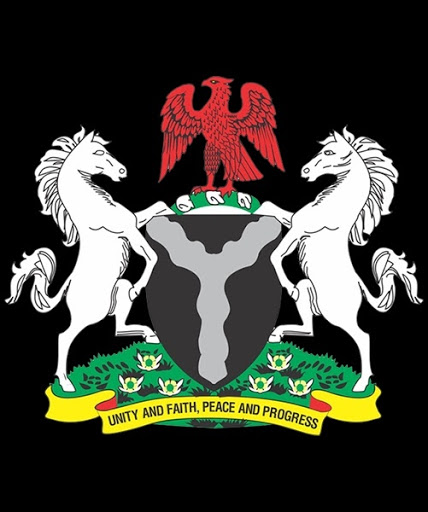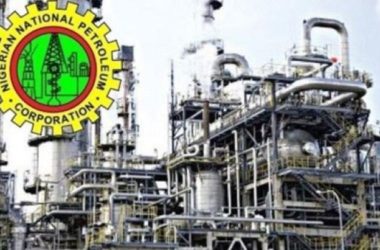In response to the soaring cost of vehicles in Nigeria, the federal government has signed a Memorandum of Understanding (MoU) with over 10 auto manufacturers to promote locally assembled automobiles.
Under the agreement, the Nigeria Consumer Credit Corporation (CreditCorp) will issue a N20 billion credit facility to support these manufacturers and make locally assembled vehicles more affordable.
The beneficiaries of this initiative include prominent firms such as CIG, Maikano, TVS, DAC, JET, NORD, PAN Nigeria, Peugeot, ANAMMCO, and others. The credit facility will be extended to consumers at a single-interest rate, ensuring accessibility for Nigerians.
Speaking at the signing ceremony, Joseph Osanipin, Director General of the National Automotive Design and Development Council (NADDC), highlighted the government’s commitment to reviving the local auto industry, particularly key players like Peugeot Nigeria and Dunlop.
“Nobody can save N50 million to buy a vehicle outright, but through credit facilities, we can make it possible. We are deeply grateful to President Bola Ahmed Tinubu and CreditCorp for this initiative. It’s a practical step to demonstrate our readiness to support local automobile production and make vehicles affordable for Nigerians,” Osanipin stated.
Uzoma Nwagba, Managing Director of CreditCorp, urged stakeholders to ensure the scheme’s success through cooperation and responsible participation.
“If you take the money, use it wisely, and pay it back, the system will evolve and continue. But if the scheme is misused, it could collapse. That’s why all stakeholders, banks, manufacturers, and consumers, must collaborate to make it work,” Nwagba emphasised.
He further outlined the collective responsibility required, saying, “The financial sector, auto manufacturers, CreditCorp, and the end consumers all have roles to play. If we commit to this together, the scheme will thrive and deliver the intended benefits.”
The initiative is part of the government’s wider strategy to revamp Nigeria’s automotive sector, stimulate local production, and reduce reliance on imported vehicles.









